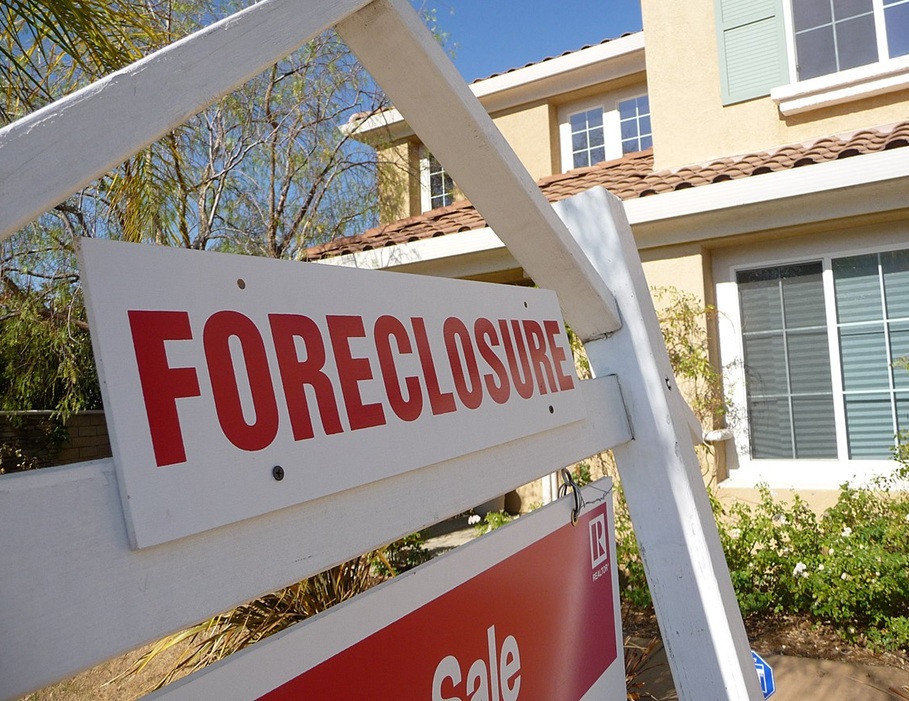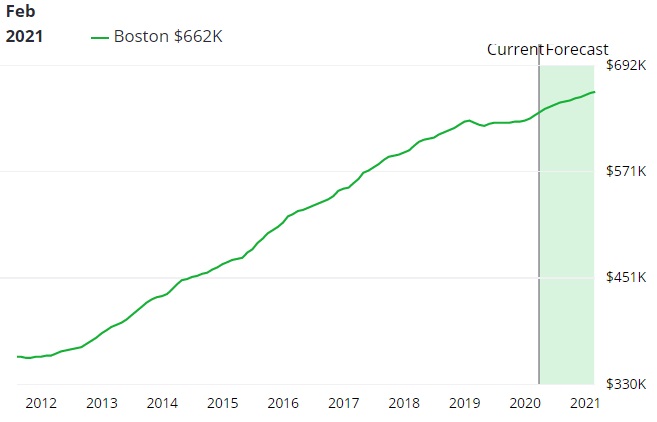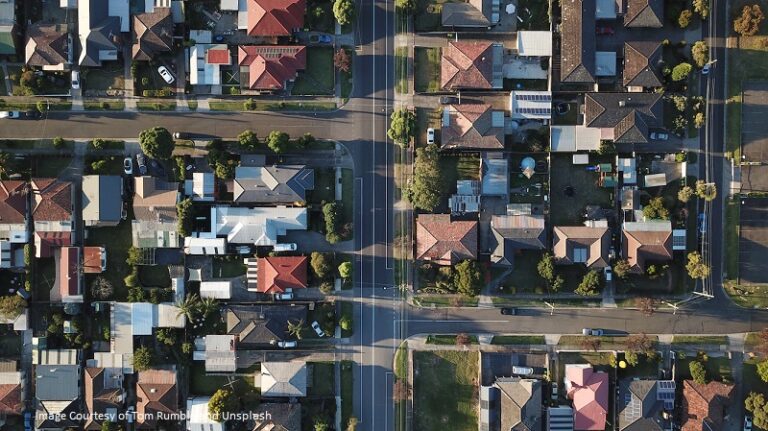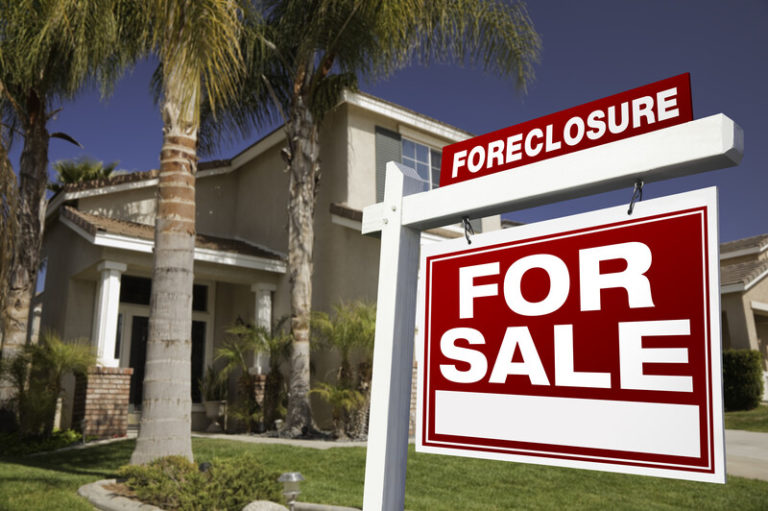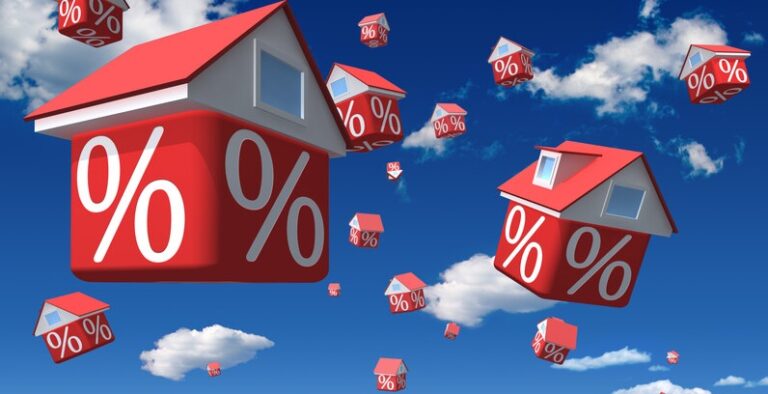Should Canadian Homeowners Sell Their House Now?
It’s rarely an easy decision to sell one’s home, but there are times when it could be the wisest decision. And thinking about it is also wise, to get over inertia, get a valuation price on your home from a Realtor, and being prepared for the tough road ahead.
There’s a growing urgency particularly in Ontario and Quebec, two provinces that may suffer the most from President Trump’s pride and joy — US import tariffs starting at 25%. He likes them and says they’re a beautiful thing that will make Americans wealthy. Currently, the stock market believes he will back down on them, however, just yesterday, he announced another company (Hyundai) moving to the USA and building a steel plant. This is due to the tariffs.
And right now amidst the Trump Tariff tirade and his anti-Canadian rhetoric, you might be wondering if the economy is going to crash. I suspect most homeowners are beginning to obsess over all of this. April 2nd is less than 2 weeks away. The potential financial losses via tariffs for some homeowners are significant. But the decision is agonizing.
There are corollaries between now and 2008. The economy is dependent on consumer spending and if that tanks, we’re in big trouble. US investment analysts don’t like what they see in the Canadian housing market. They see it as a bubbled up market where properties are traded like penny stocks. An expectation of collapse in the CAD and housing values, combined with a buying frenzy when property prices bottom out, will pull investors back into the market later this year.
Trump Did this in 2019
 Do you have a huge amount left on your mortgage? Is your own job threatened? Is your industry in trouble, and will you find a new well-paid job within 6 months? In 2019, President Trump imposed high tariffs and kept them for one year. But this time, he seems more certain of their value and that he must implement and sustain them.
Do you have a huge amount left on your mortgage? Is your own job threatened? Is your industry in trouble, and will you find a new well-paid job within 6 months? In 2019, President Trump imposed high tariffs and kept them for one year. But this time, he seems more certain of their value and that he must implement and sustain them.
Furthermore, as I wrote in another post on whether President Trump is trying to crash the stock market, is that his “public to private transition” actions could result in a US and global recession, thus flatten Canadian export business development.
Through the dust, a new pro-business government, and a super low CAD, Canada might once again become very investible. But that won’t be until 2026/2027. There might only be a slight relief from US tariffs.
A Stagnant Economy without its Crutches?
Canada’s economy hasn’t been faring well for sometime, chronically underperforming, to the lowest per capita GDP of all advanced nations. And it’s been propped up with continuous govenment stimulus spending. Even before the pandemic, the economy wasn’t great and the loonie has reached 69 cents US. But with the loss of exports to the US in the hundreds of billions of dollars, and the erosion of the CAD value to funny money status, there’s little to get excited about. Canada is a cheap place to do business, but no one wants to invest in it. Trudeau has scared away foreign direct investment with ongoing regulations and anti-business taxes. The loss of the Canadian auto sector alone could be $50 billion per year taking massive money out of the economy.
Without continued government spending, we could take another hit to our quality of life. This might all sound slightly pessimistic but what if what’s coming is even worse? The possibility of an Alberta separation from Canada, is a big issue, since the country likely can’t survive without Alberta.
Living Paycheck to Paycheck
A Liberal aligned polling agency named Leger reported that 47% of Canadians are living paycheck to paycheck, while those aged 18 to 34 showed at 54% and for those aged 35 to 54 years, 57%.
That means up to 20 million Canadians live paycheck to paycheck and the Trump tariffs threaten their employment. The worry is greatest in Ontario and Quebec where some work at the auto plants, and steel/aluminum plants earning substantial incomes. Trump has said repeatedly that he wants those auto manufacturing jobs in the US. His tariffs on aluminum and steel might be ploys to put extra pressure on Ontario’s auto production sector, and prepare them for this big manufacturing repatriation that drove his re-election campaign. Can he go back on all of what he proposed? Can his government even function if he doesn’t? He might be past the point of no return now.
CREA Report on Canadian Housing
CREA reported home sales plummeted 9.8% month over month in February and was down 10.4% year over year. Oddly, new listings declined by 12.7%, and the home price index was down by .8% month to month.
In Toronto, TRREB reported February home sales were down 27.4% and prices fell 2.2% to a new median of $1,084,540. That’s still a substantial, inflated price for any seller. The home price decrease is atypical, given home prices were up or strong during 2024. Yet, the GTA is very bubbled up meaning prices can fall a long way.
TRREB Chief Executive Officer John DiMichele complained politicians are not clear about how they will tackle economic and trade issues. That might be the key point that Federal and Provincial politicians are powerless and have little imagination about this challenge. After the Federal Election, they won’t know what to do either.
A switch to Europe is suggested by the Liberals, but Europe has a lot of financial problems.
Canadians will be uneasy about Europe’s influence on Canadian economic and business policies (enforced carbon tax). The Liberal taxes will keep Canadian GDP low and stifle Alberta. A Liberal win in the election will bring big conflict with Alberta and likely result in their cessation from Canada. Eastern Politicians are demanding that Alberta retaliate too, even though the US Tariffs are aimed at Ontario and Quebec.
The Canadian Federal election looks uncertain, with Trump saying he doesn’t like either Carney or Poilievre. Those two have reacted with promises of counter-tariffs, which Doug Ford has backed off already.
What I’m getting at is the overwhelming economic threat Canadians face. All-out world trade wars make the situation worse. President Trump is going to reciprocate other country’s tariffs and many of those countries will likely not lower their unfair tariffs on US imports. So, the crisis is ahead, starting on April 2nd.
Canadians will become more pessimistic as the worsening stats are reported by the media. Whether by necessity or a smart selling strategy, more homes will flood the market, and prices will fall.
Selling Your Home Now
The top benefits of selling your home right now are:
- Still get a great price for your home (if you can find a buyer)
- Spring market attracts the most buyers and better offers
- You may lose your job and be forced to downsize
- Inflation is sticky so mortgage rates won’t fall and you’ll be renegotiating at a higher rate
- Fewer Canadians will qualify for home loans
- Demand for new construction or resale homes will fall in 2025 thus prices will go down
- Escape the risk of foreclosure and bankruptcy (ruining your future)
- Taxes will have to increase to help Canadians facing unemployment
- Government will lose business tax revenue and property taxes will rise
- It will take years for Canada to rebuild to serve international trade partners
- You can rent or travel until the economy changes
It wouldn’t be a bad idea to at least open up a spreadsheet and begin working on the calculations.
- How much do you owe and what will be the final cost of selling?
- How much are you currently underwater?
- What has your mortgage broker told you about coming mortgage rates?
- Will your employment insurance cover you after you lose your job?
- Will your spouse lose their job too, and what will your household net income be if the Tariffs are kept for 2025?
Most homeowners don’t sell because they and their kids like the neighborhood and friendships and aren’t ready to let go. Now that President Trump has announced the tariffs, we know most provinces aren’t affected and the USMCA agreement stays in effect. Ontario and Quebec however have seen their future dimmed with the 25% auto tariffs. Read more on the issue of Alberta separating from Canada. It’s important to know.
Which cities and neighborhoods will be less impacted by the tariffs? Where will the higher standard of living be?
Read more on the Toronto housing market forecast and Calgary housing market to gauge the true demand for homes, and the prices you might be able to attract. Always contact a Realtor to help you. Should you move to Calgary?

